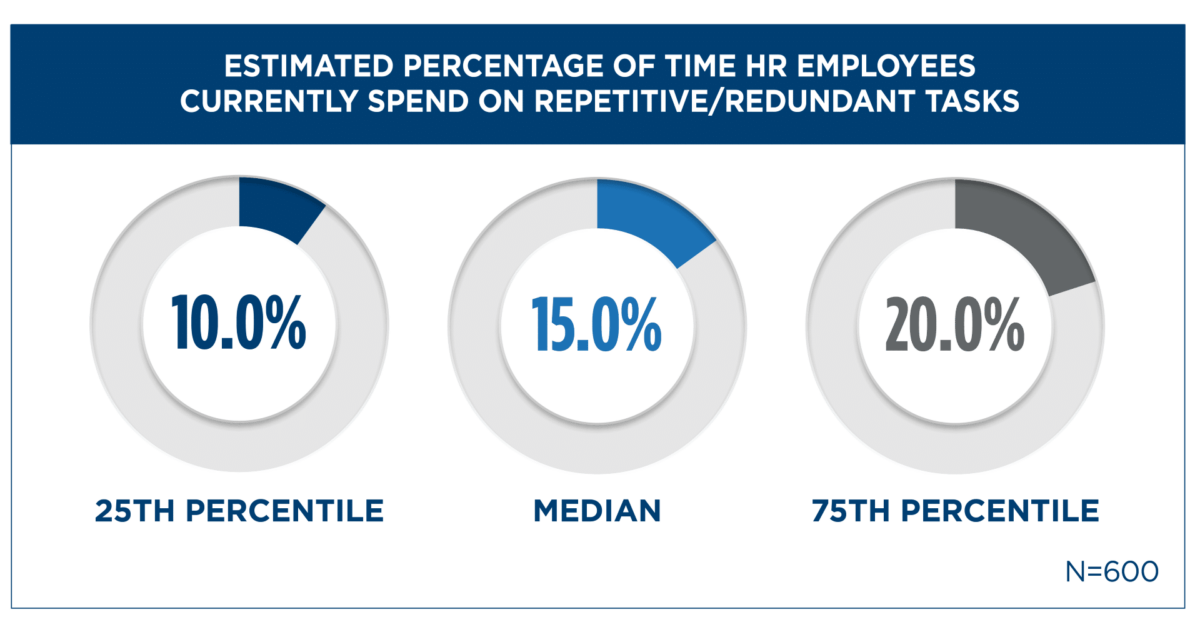Gen Z’s falling appetite for booze is having ripple effects across the drinks industry, forcing drink makers to make grim predictions for the future and scramble desperately to appeal to a sober-curious audience.
The latest victims of the generational movement towards sobriety appear to be the U.K.’s nightclub-filled high streets.
“I walked around between 7 p.m. and 11 p.m., and there were no more than 200 people out in the city. Two years before, it would have been really quite busy and buzzing,” Peter Marks, the CEO of nightclub owner Rekom told the BBC.
Now some of the biggest club operators like Marks are shutting clubs as they urge the government to step in with financial support to offset a perfect storm of duel cost of living and cost of operating crises.
Gen Z ditching the club
There has been a long-term shift away from alcohol by younger people compared with their elders.
A study by the National Health Service found more than a third of people aged 16-24 didn’t drink alcohol in 2021.
Rising awareness of the negative health effects of booze, increased levels of introversion, and the growth of no and low-alcohol alternatives have all helped push younger people away from the typically sturdy drinks sector.
But there’s something else happening that appears to be accelerating that trend of temperance—Gen Z and millennials don’t have the spare cash to drink socially anymore.
Generationally high levels of inflation and rising interest have squeezed consumers from both sides, particularly young people who haven’t been able to offset that squeeze with wage rises. Those aged 22-29 are earning less than their predecessors did in 2008, with the pandemic reversing steady income improvements.
A survey from Savanta found more than two-thirds of 18-34-year-olds in Europe had cut their alcohol spend in bars and restaurants in 2023. Cost of living pressures were cited as the primary reason for the pullback.
“There appears to be a generational shift in attitudes towards alcohol consumption that inflationary increases have simply accelerated, rather than created,” Nikki Lavoie, EVP of marketing, brand, and innovation at Savanta, previously told Fortune.
Peter Marks, the CEO of Rekom, told the BBC that the cost of living crisis was “singularly the biggest issue that we face,” and he’s pointing to a drastic shift in the behavior of residents in the last two years as proof.
Among younger people who choose to continue consuming alcohol, there is a rising propensity to “pre-drink” in houses and spend the bare minimum when they eventually attend a club later in the evening.
Earlier in February, Rekom was forced to shut several of its Prizm and Attik chains across the U.K., leading to the loss of 500 jobs.
They weren’t alone. Research from the Night Time Industries Association (NTIA) found 31% of U.K. nightclubs had closed since the start of the pandemic.
The cost of living crisis appears to not only have made Gen Z cash poor, but time poor as well.
In order to make ends meet, more and more students are spending their spare time juggling school and part-time work, according to the National Union for Students (NUS). The body found that seven out of 10 U.K. students were working on top of their studies, with most upping their hours compared with a year ago.
Cost of operating crisis
The cost of living crisis that has hammered Gen Z’s social lives has been met with a “cost of operating” crisis for nightclubs, according to the NTIA, amid rising rents and increases to the U.K.’s National Living Wage.
“We’ve had businesses that used to make £500,000 then go on to lose £400,000. Just in the two-year period,” Marks told the BBC.
The NTIA is advocating the U.K. to reduce taxes for the nightclub sector to help offset those rising costs.
Credit: Source link











